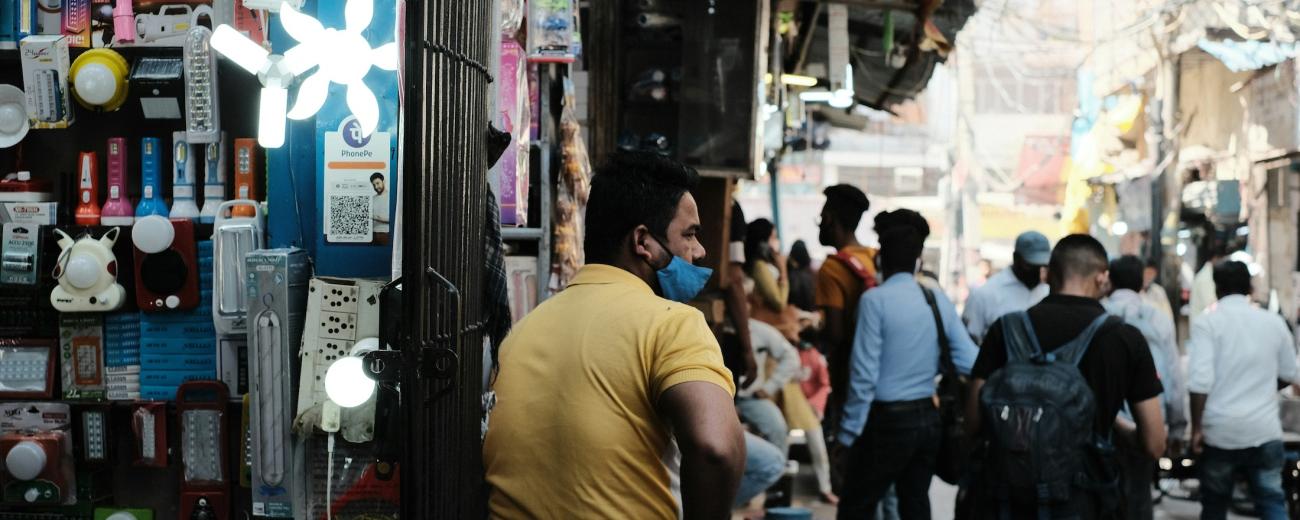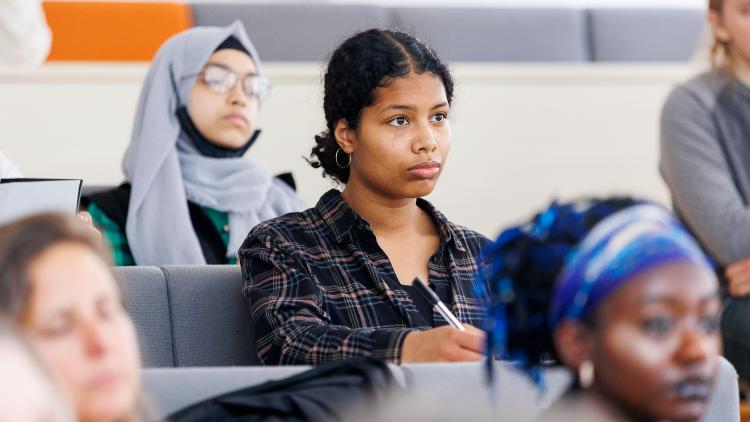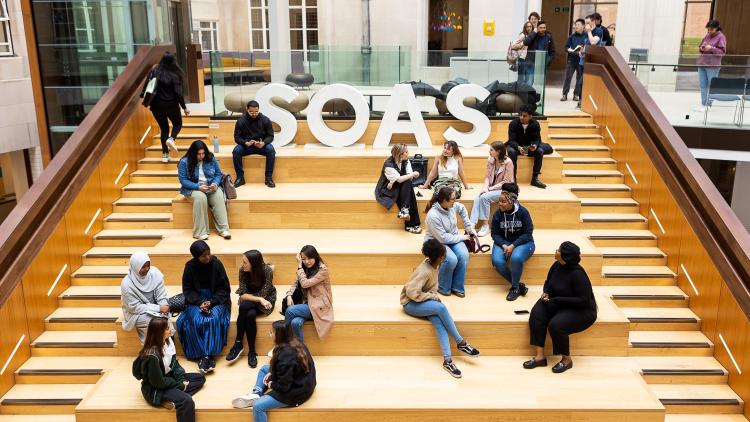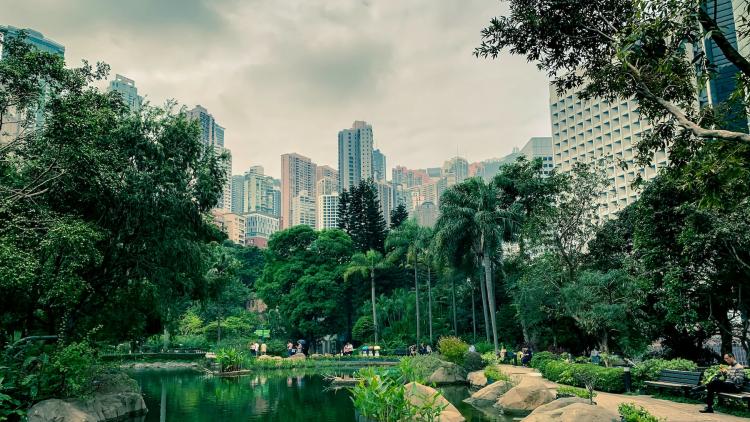Finding solutions to capitalism's crises: Research insights from SOAS economists


Explore recent research by the SOAS Department of Economics that delves into pressing issues exposed by the various fragilities of global capitalism across the world. This blog was co-authored by Dr Surbhi Kesar, Dr Sara Stevano and Dr Tobias Franz from the department.
In the bustling world of academia, breakthroughs are not merely confined to the dusty shelves of libraries or the hallowed halls of universities. They resonate far beyond, impacting our daily lives, shaping policies, and paving the way for a better future.
Here, in our Economics department, we take pride in our commitment to excellence, as evidenced by recent publications that delve deep into pressing issues exposed by the various fragilities of global capitalism. Let’s embark on a journey through the corridors of knowledge at the SOAS Economics Department, where Dr Surbhi Kesar, Dr Sara Stevano, and Dr Tobias Franz, along with our esteemed colleagues, are unravelling the complexities of our world, one paper at a time.
The intricate web of India’s informal economy
Surbhi Kesar’s research, published in Development and Change, sheds light on the intricate web of subcontracting linkages within India’s informal economy. This study examines subcontracting relations within India’s informal manufacturing sector from 2001 to 2016. Using nationally representative survey data, the research focuses on the nature and patterns of subcontracting linkages for informal family-based household enterprises.
We take pride in our commitment to excellence, as evidenced by recent publications that delve deep into pressing issues exposed by the various fragilities of global capitalism.
Contrary to expectations, the study finds that subcontracted enterprises have lower net accumulation funds (NAFs) compared to non-subcontracted ones, indicating little ability to accumulate over time. The prevailing subcontracting relations resemble a traditional putting-out system, with limited control over production processes, especially for female-owned and household-embedded enterprises. Despite the disparity in NAFs, the gap between put-out and non-put-out firms has narrowed over time, suggesting evolving transition possibilities within the informal economy.
What are the broader impacts of ultra-processed food consumption?
Meanwhile, Sara Stevano’s paper in Antipode offers a fresh perspective on the global challenge of ultra-processed food and its implications for social reproduction and depletion. Her paper addresses the rising consumption of ultra-processed food and its implications beyond mere health outcomes. Drawing on the concept of depletion through social reproduction, the study explores how ultra-processed food affects social, economic, and political relations.
By viewing ultra-processed food as both an input for social reproduction and a form of social reproduction work, the paper identifies four conceptual dimensions to investigate the potential depletion caused by the expansion of ultra-processed food. It emphasises the need for a social science research agenda to understand the broader impacts of ultra-processed food consumption and offers methodological principles for empirical research in this area.
Understanding the role of finance in the green transition
In Tobias Franz’ contribution to Antipode, he delves into the finance-extraction-transition nexus, exploring the geographies of the green transition in the 21st century. This paper challenges the hegemonic understanding of the green transition, arguing that it necessitates radical shifts in 21st-century financialized capitalism, particularly in relation to mineral extraction.
It introduces the concept of the "finance-extraction-transition nexus" to elucidate the interplay between finance capital, mineral extraction, and the socio-economic and environmental implications of the green transition.
Our commitment to excellence extends far beyond these individual papers. It is woven into the fabric of our academic community, where diverse perspectives converge, and collaborative endeavours thrive.
By highlighting the role of finance in (re)producing dependencies for resource-rich countries in the Global South, the paper offers new theoretical, conceptual, and methodological frameworks for understanding the emergent geographies of the green transition.
Research at SOAS tackles the most pressing challenges
However, our department’s commitment to excellence extends far beyond these individual papers. It is woven into the fabric of our academic community, where diverse perspectives converge, and collaborative endeavours thrive. Here, students are not merely passive recipients of information but active participants in the pursuit of knowledge and understanding.
For prospective postgraduate applicants, our department offers a unique opportunity to engage with cutting-edge research that tackles some of the most pressing challenges of our time. Whether your interests lie in economics or another social science beyond economics, our interdisciplinary approach ensures that you will find a home here. As part of our vibrant intellectual community, you will have the chance to work alongside world-renowned scholars, contribute to ground-breaking research, and make a meaningful impact on the world around you.
So, as you consider your next step in your academic journey or look for an excellent MSc programme to prepare you for the job market, remember that the pursuit of knowledge is not just about what you learn, but how you apply it to create positive change. Join us in our quest to shape a better future for generations to come.
Image credit: Ravi Sharma via Unsplash
About the author
This blog was co-authored by Dr Surbhi Kesar, Dr Sara Stevano and Dr Tobias Franz from the SOAS Department of Economics.



